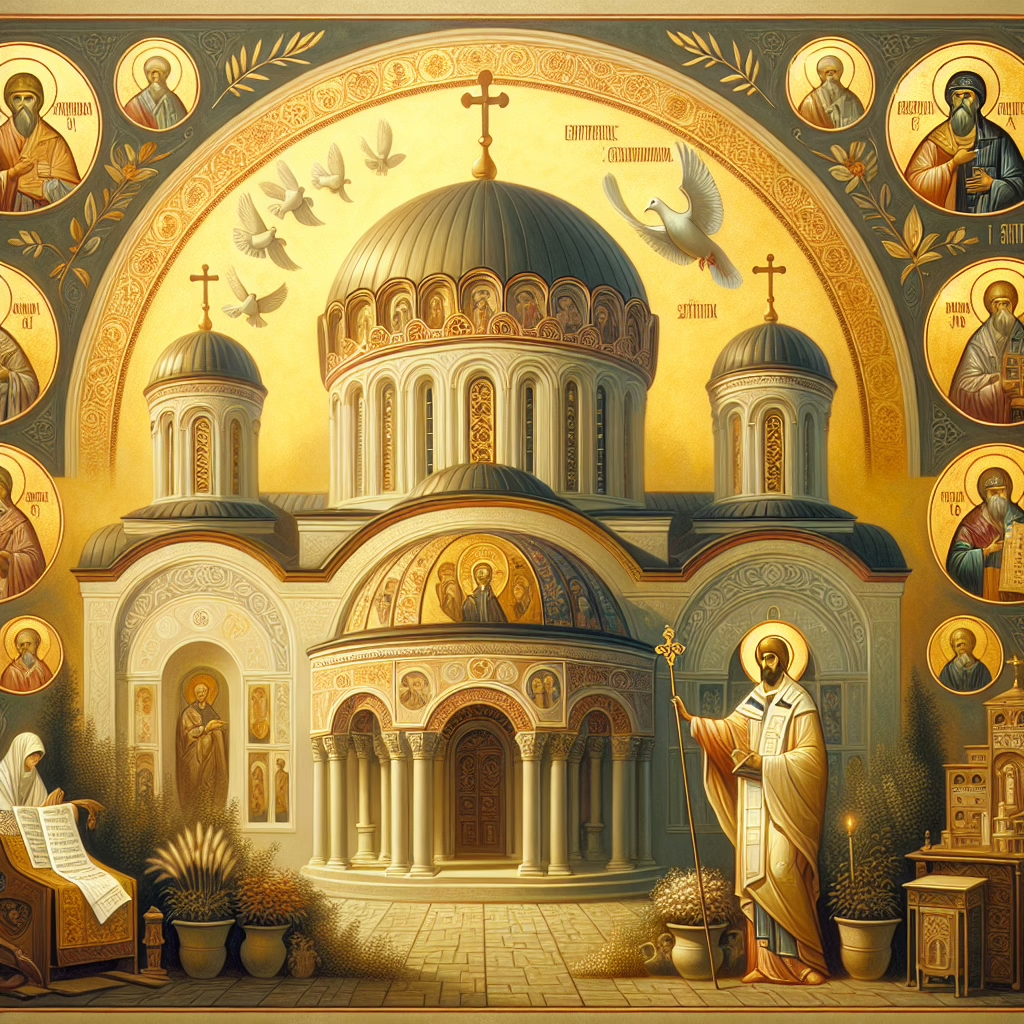Catholic Teaching on Excommunication: Addressing Protestant Objections
Introduction: Exploring the Controversy
The concept of Catholic excommunication for heresy or schism often sparks robust debates between Catholics and Protestants. These discussions delve deep into historical and theological contexts, bringing to light key objections raised by Protestant communities. At the heart of these debates is the question of the significance of church unity within Christian doctrine. This blog post seeks to reconcile these differing perspectives on excommunication through a comprehensive analysis, drawing from Scripture, Tradition, and historical examples.
1. Objection: Protestant Emphasis on Personal Faith and Grace
1.1 The Protestant Argument
Protestants often emphasize the primacy of personal faith and grace over institutional decrees like excommunication. Passages such as Ephesians 2:8-9 are frequently cited: "For by grace you have been saved through faith, and this is not of yourselves, it is the gift of God; not as a result of works, so that no one may boast." For many Protestants, salvation through faith alone challenges the necessity of excommunication as a tool for doctrinal conformity.
1.2 Catholic Response: The Role of Church Authority and Discipline
In contrast, Catholics affirm the authority vested in the Church to uphold doctrinal integrity and discipline within the faith community. This authority is biblically supported, as we see in Matthew 18:15-17, where Jesus outlines a hierarchical process for addressing sin within the community. As such, a balance between personal faith and ecclesiastical authority is seen as crucial for maintaining unity in doctrine and preventing heresy.
1.3 Supporting Evidence
"Where the bishop is, there let the community gather; even as where Christ is, there is the Catholic Church."
— St. Ignatius of Antioch, Letter to the Smyrnaeans
Historical examples abound where excommunication has been used as a means of preserving orthodoxy and maintaining the purity of doctrine in the Church. This practice aligns with the Church's mission to safeguard the truth and protect its members from doctrinal error. To dive deeper into this topic, consider exploring the Church's extensive discourse on Catholic Church Authority.
2. Objection: Ecclesiastical Reconciliation vs. Excommunication
2.1 The Protestant Argument
Protestants commonly advocate for a model of church discipline focused on restoration and reconciliation, rather than exclusion. They reference passages like Matthew 18:15-17 and 1 Corinthians 5:1-13, interpreting them as promoting repentance and reconciliation processes. This view emphasizes a community-oriented approach to resolving doctrinal disagreements within the church.
2.2 Catholic Response: The Medicinal Nature of Excommunication
Catholics perceive excommunication as a medicinal measure intended to guide individuals toward repentance and reintegration into the faith community. Through excommunication, the Church seeks to uphold truth and confront heresy not just for individual correction but for the community’s spiritual well-being. This understanding aligns with the Church’s responsibility to preserve unity and purity of faith.
2.3 Supporting Evidence
"Those who belong to God and Jesus Christ are with the bishop."
— St. Ignatius of Antioch, Letter to the Philadelphians
Historically, excommunication has served corrective and restorative purposes, demonstrated by cases such as the excommunication of Arius, which helped preserve orthodox belief during a critical time. The disciplinary function of the Church is a vital mechanism for maintaining doctrinal integrity. For a more illustrative representation, an infographic on the Purpose of Excommunication could clarify how excommunication acts as a pathway to reconciliation.
Conclusion: Bridging the Gap Between Perspectives
The diverging views on Catholic excommunication between Catholics and Protestants highlight differing theological emphases and approaches to church discipline. However, the importance of ongoing dialogue cannot be overstated, as it fosters ecumenical unity within the Christian faith. Embracing diverse theological viewpoints is key to achieving a more holistic understanding of faith. Readers are encouraged to engage deeply with Church teachings and seek further exploration of the nuances underlying excommunication and church unity in the rich tapestry of Christian tradition.
Learn more about Church Unity.
By clarifying these concepts, we take a step towards bridging the gap that distances us, encouraging a shared journey in faith and understanding.





Leave a Reply